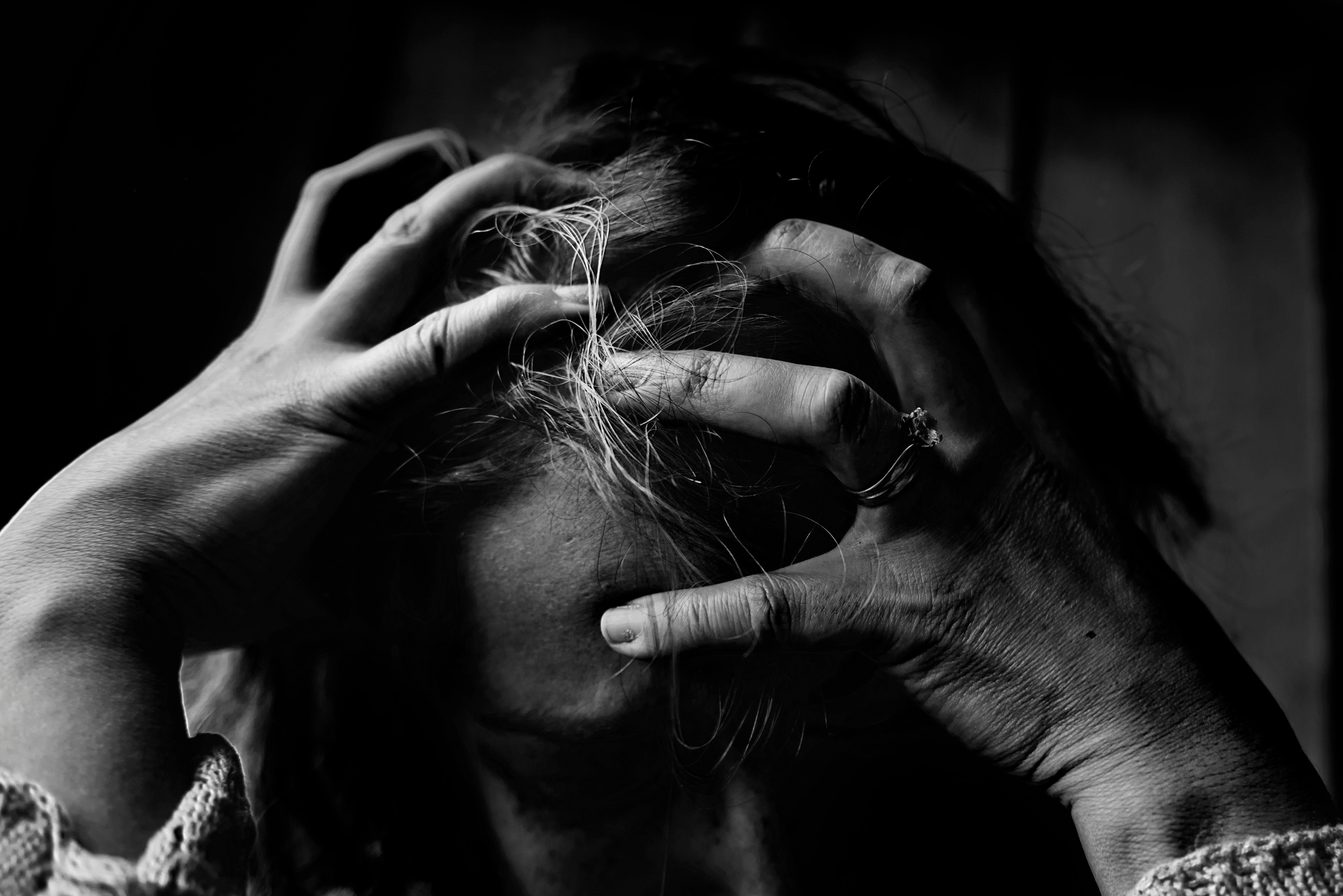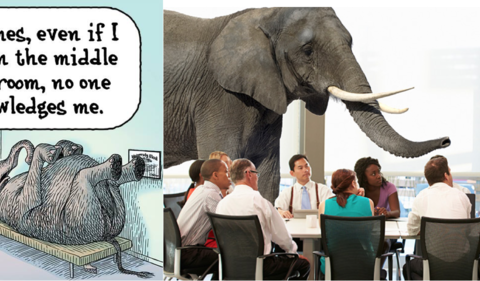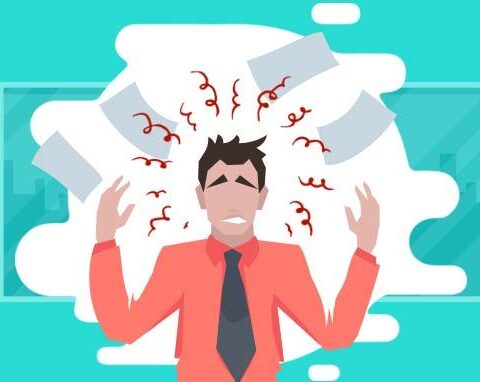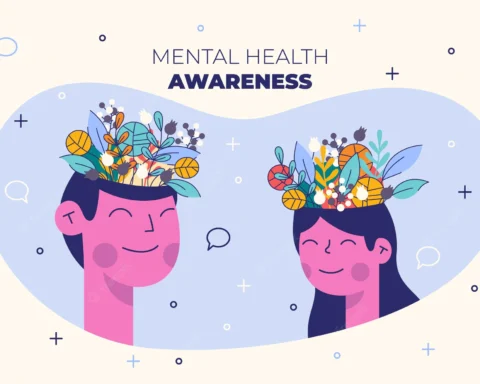India is facing a serious mental health crisis, with an estimated 56 million people suffering from depression and 38 million from anxiety disorders, according to a report by the World Health Organisation. Mental distress is believed to be a key reason why one student commits suicide every hour in the country. However, the attitude of many Indians towards this problem isn’t helping.
In a survey of 3,556 respondents from eight cities across India, a staggering 47% could be categorised as being highly judgmental of people perceived as having a mental illness, according to non-profit The Live Love Laugh Foundation (TLLLF). Within this category, respondents were more likely to say that one should keep a safe distance from those who are depressed, or that talking to a mentally unhealthy person could affect the mental health of others.
What’s worse is that 26% were categorised as being afraid of the mentally ill. These respondents were less likely to agree that there’s nothing wrong or crazy about people with mental illnesses, or even that they should be part of the community. The survey by TLLLF and analytics company Kantar Public collected responses from members of different socio-economic classes aged between 18 and 45.
A closer analysis revealed a surprising twist: The respondents in these two categories were mostly from higher socio-economic backgrounds and were more educated. While the survey doesn’t indicate why this is the case, it said these people were simultaneously more aware of mental health concerns while also being more likely to stigmatise and be afraid of those with mental illnesses. In comparison, the 27% categorised as being supportive of people with mental illnesses were younger (aged between 18 and 24), with relatively lower educational levels, and came from lower socio-economic backgrounds.
When asked to describe a person with a mental illness, without any prompting or clues from TLLLF, many used derogatory terms and cruel stereotypes. For instance, some 47% of the people surveyed used the word “retard,” while 25% said those with mental illnesses were prone to violence. And a majority seemed to believe that those with mental illnesses talk to themselves. (For the record, lots of people without mental illnesses do this, and some studies suggest it’s actually good for you.)
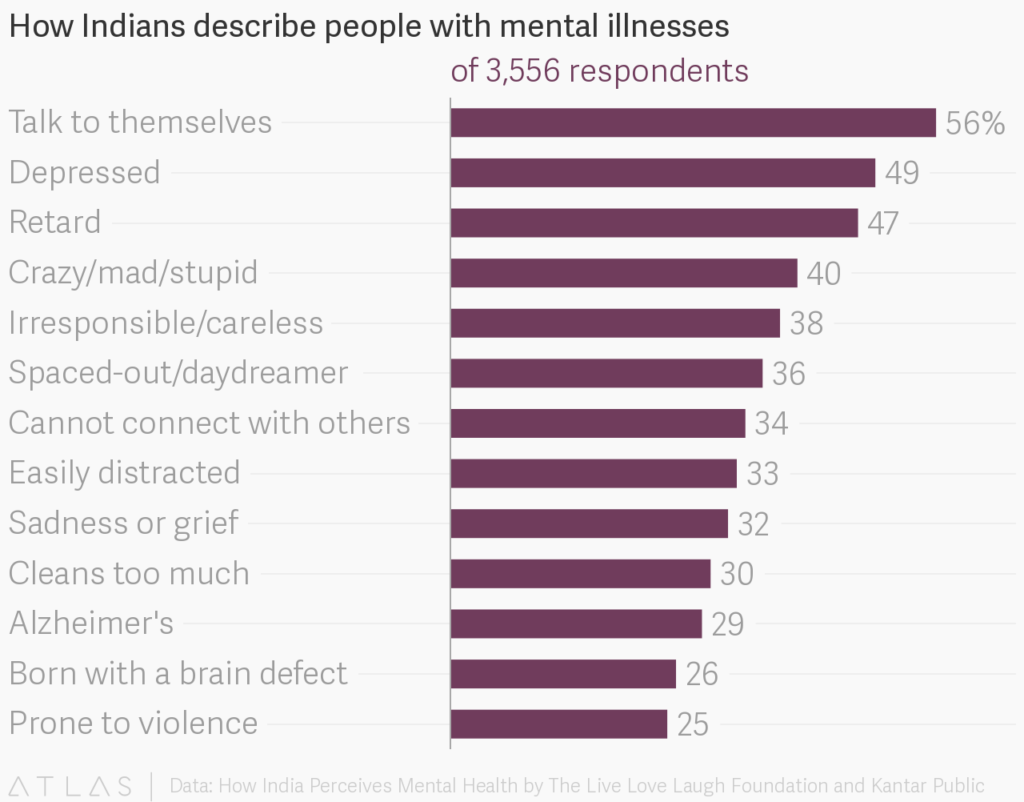
The stereotypes and stigma in India are all the more evident in the respondents’ attitudes towards those who are suffering from mental illnesses. Some 60% of those surveyed believed one of the main causes was a lack of self-discipline and willpower, and 60% agreed that those who suffer from them should have their own groups so as not to “contaminate” healthy people.
India’s attitudes towards mental illness
| Statement | Those who agreed |
| People with mental illnesses should not be given any responsibility | 68% |
| One of the main causes of mental illness is lack of self-discipline and willpower | 60% |
| Mentally unhealthy people should have their own groups—healthy people need not be contaminated by them | 60% |
| Most women who were once patients in a mental hospital cannot be trusted as babysitters | 49% |
| One should keep a safe distance from someone who is depressed | 46% |
| People suffering from mental illness are always violent | 44% |
| Sitting with/talking to a mentally unhealthy person could lead to deterioration of the mental health of a healthy person | 41% |
| It is frightening to think that people with mental problems live in our neighbourhood | 40% |
And even though most of the respondents did express sympathy for them, a significant section reported feeling fear, apathy, anger, and even disgust at times.
Indians’ feelings towards those with mental illnesses
| Feeling | Always (%) | Sometimes (%) | Never (%) | Can’t say (%) |
| Hatred | 8 | 20 | 70 | 2 |
| Disgust | 9 | 24 | 65 | 2 |
| Annoyance | 8 | 30 | 61 | 1 |
| Anger | 8 | 35 | 54 | 3 |
| Fear | 14 | 43 | 42 | 1 |
| Apathy/indifference | 28 | 37 | 34 | 1 |
| Empathy | 61 | 33 | 5 | 1 |
| Sympathy | 76 | 22 | 2 |
Such a pervasive stigma stands in the way of ill people getting treatment.
“According to our qualitative analysis, people with mental illness are likely to avoid discussing their mental health concerns openly due to the fear of being labelled or judged,” the survey said. “Furthermore, some people believe that mental illness can only happen to people who are ‘mentally weak’ and people who have ‘too much money and time.’ For these individuals, seeking support from a mental health professional is seen to be a sign of ‘weakness’.”
But for those who do want to see a professional, there’s another problem: In a country with a population of over 1.3 billion, there are just 5,000 psychiatrists and less than 2,000 clinical psychologists.
Source – Quartz India
By – Maria Thomas

